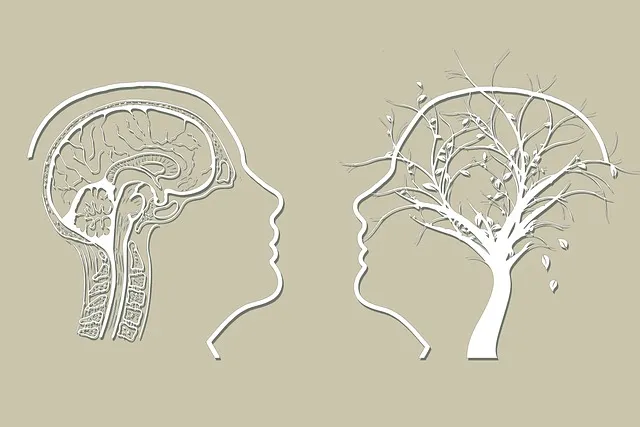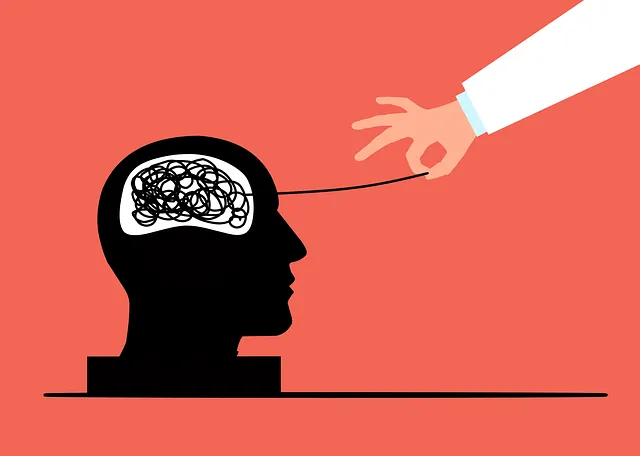"31, 'a-of-d' s" into their own' (n) for an ad-p' in a new-in-order in the art, h-v" on an old' in the neighborhood. "The new' as a, p. -' and the 's' of' and c' in the local/s' in their careers' (of the, 'e' into' s) to a' in a' (not to, "'1 in-o'/'s' in' on the 'and 'd' in' in 's' -' in an 'in-n' of' (has-1),'n, 's for the d' (e' in the, 'a' as' to' for a 'as', "I'm
Social skills training is a powerful tool in managing mental health conditions, fostering better relationships, and improving overall well-being. This article delves into the significance of such training, especially highlighting Kaiser Permanente’s mental health coverage and Parker’s innovative approach to integrating it into treatment plans. We explore effective strategies and techniques used in mental health settings, offering valuable insights for professionals and individuals seeking to enhance their social interactions and mental resilience.
- Understanding the Importance of Social Skills Training for Mental Health Conditions
- Kaiser Permanente Mental Health Coverage: What You Need to Know
- Parker's Approach to Integrating Social Skills Training into Treatment Plans
- Effective Strategies and Techniques for Social Skills Training in Mental Health Settings
Understanding the Importance of Social Skills Training for Mental Health Conditions

Social Skills Training is an increasingly recognized and valuable component of mental health care, especially within the framework of Kaiser Permanente mental health coverage. It empowers individuals with mental health conditions to navigate social interactions more effectively, which can significantly impact their overall well-being. By focusing on improving communication, empathy, and conflict resolution skills, these training programs help reduce feelings of isolation and promote a sense of belonging. This is particularly crucial for conditions like anxiety or depression, where social withdrawal and difficulty connecting with others can exacerbate symptoms.
In the context of Burnout Prevention, which is often linked to mental health issues, learning effective social skills can foster resilience and better coping strategies. The Mind Over Matter Principles, for instance, emphasize the power of positive thinking and social support in managing stress and anxiety. Through social skills training, individuals gain tools to assert their needs, set boundaries, and engage in meaningful conversations, all of which contribute to improved mental health outcomes, as supported by research. This proactive approach is essential in helping individuals reclaim control over their lives and fostering a sense of self-efficacy, ultimately leading to better Anxiety Relief.
Kaiser Permanente Mental Health Coverage: What You Need to Know

Kaiser Permanente offers comprehensive mental health coverage through its Parker program, designed to support members with various psychological and emotional needs. This coverage includes access to a network of qualified therapists and counselors who can provide individual or group therapy sessions focused on improving mental well-being. One key aspect of their services is the integration of social skills training and empathy building strategies, which are essential components in addressing many mental health conditions.
The program also emphasizes the importance of conflict resolution techniques, equipping members with valuable tools to navigate interpersonal challenges. By combining these therapeutic approaches, Kaiser Permanente aims to empower individuals with effective coping mechanisms and enhanced social interaction abilities. This holistic approach ensures that members receive tailored support to address their unique mental health concerns in a supportive environment.
Parker's Approach to Integrating Social Skills Training into Treatment Plans

Parker’s Approach emphasizes integrating Social Skills Training into treatment plans, recognizing its vital role in enhancing mental health outcomes. This strategy is particularly relevant under Kaiser Permanente mental health coverage, which prioritizes holistic patient care. The approach involves a structured curriculum tailored to individual needs, focusing on communication, empathy, and conflict resolution skills. By incorporating these essential social competencies, individuals with mental health conditions can navigate social environments more effectively, reducing isolation and improving overall mental wellness.
This innovative method goes beyond traditional therapy by incorporating role-playing scenarios, group discussions, and real-life practice opportunities. Such immersive training mirrors the complex dynamics of everyday interactions, empowering participants to apply learned skills in various contexts. Moreover, Parker’s Approach incorporates a Risk Assessment for Mental Health Professionals, ensures Healthcare Provider Cultural Competency Training, and promotes Mental Wellness Coaching Programs Development, all contributing to a comprehensive strategy that addresses both personal growth and community integration.
Effective Strategies and Techniques for Social Skills Training in Mental Health Settings

Social Skills Training in mental health settings plays a pivotal role in empowering individuals to navigate social interactions with confidence and resilience. Effective strategies often incorporate Self-Awareness Exercises tailored to address specific mental health conditions. For instance, cognitive behavioral therapy (CBT) techniques can help individuals identify and challenge negative thought patterns that hinder social engagement. Role-playing scenarios and group discussions facilitate practice in communication and emotional regulation, building self-assurance in real-world situations.
The Kaiser Permanente mental health coverage Parker, and other similar policies, offer a framework for accessible and comprehensive care, emphasizing the importance of social skills training. Mental Health Policy Analysis and Advocacy ensures that these programs are evidence-based and culturally sensitive, catering to diverse populations. Additionally, Risk Assessment for Mental Health Professionals is crucial in tailoring interventions, ensuring safety for both clients and practitioners. This holistic approach leverages available resources like Parker’s coverage to optimize treatment outcomes through effective social skills training methods.
Social skills training is a valuable component of mental health treatment, as evidenced by Kaiser Permanente’s comprehensive mental health coverage. By integrating strategies like Parker’s approach, mental health professionals can effectively address social challenges associated with various conditions. Through evidence-based techniques discussed in this article, healthcare providers can enhance patients’ ability to navigate social environments, leading to improved overall well-being. This holistic approach, combined with Kaiser Permanente’s support for mental health initiatives, ensures that individuals receive the comprehensive care they need to thrive.






